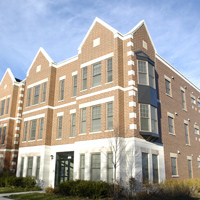
A coalition of researchers find that moving from a high-poverty to low-poverty neighborhood spurs long-term gains in the physical and mental health of low-income adults. Using data from a MacArthur-supported study, Moving to Opportunity, the paper also finds an improvement in self-reported happiness, despite not improving economic self-sufficiency. With nearly 9 million people living in highly-impoverished neighborhoods, Neighborhood Effects on the Long-Term Well-Being of Low-Income Adults suggests the importance of focusing on improving the well-being of people living in such communities.



